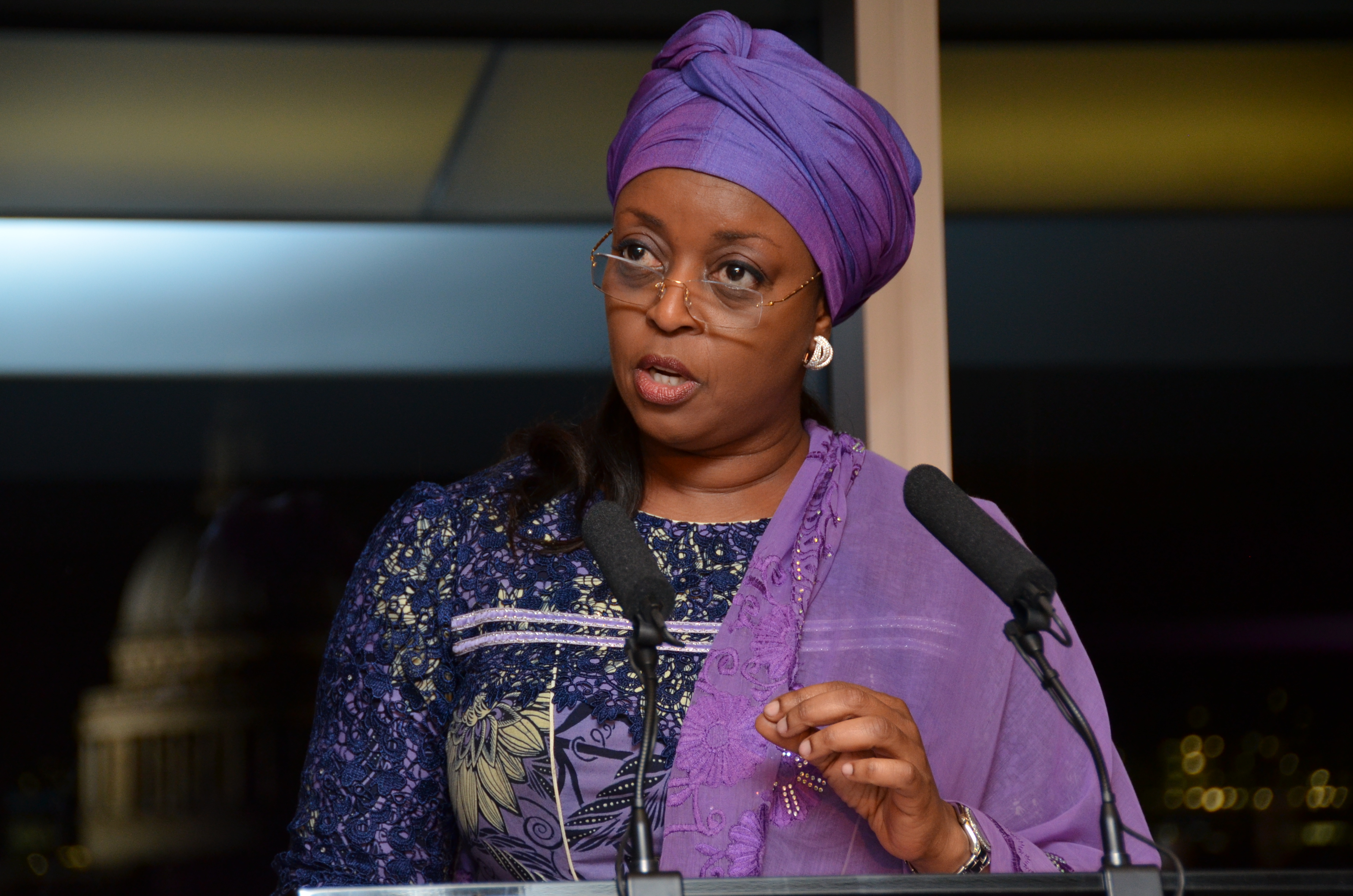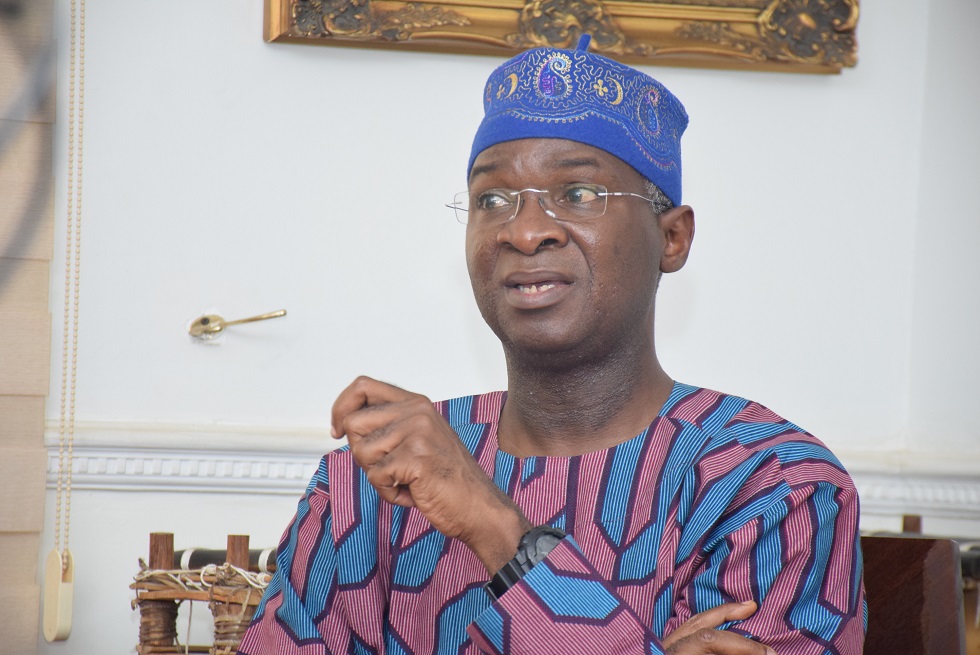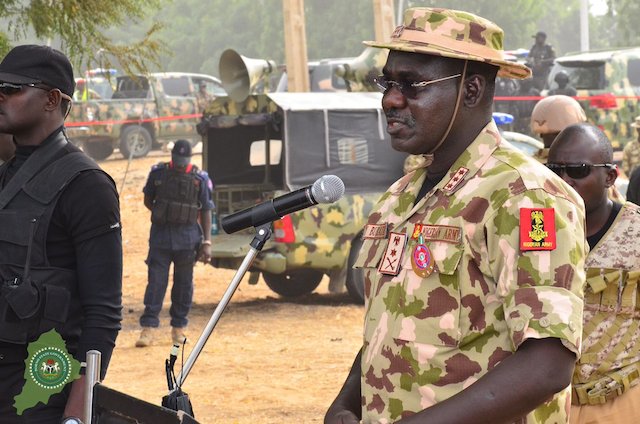September 14 is always a special day for the Organisation of Petroleum Exporting Countries (OPEC). It is the day in 1960 when the organisation was established.
Below are seven things to know about OPEC:
FACT 1: Five founding members of OPEC are Iraq, the Islamic Republic of Iran, Kuwait, Saudi Arabia and Venezuela. These countries created OPEC at the historic ‘Baghdad Conference’.
These five founding members representing their oil-producing nations joined together around the premise of cooperation, with a commitment to safeguard their legitimate national interests and to ensure order and stability in the international oil market.
Advertisement
FACT 2: Since then, this group has been joined by many new members, with the organisation now standing at 14 countries that are respected far and wide as an established part of the international energy community.
FACT 3: Other countries and year of entry: Qatar (1961); Indonesia (1962) – suspended its membership in January 2009, reactivated it in January 2016, but decided to suspend it again in November 2016; Libya (1962); United Arab Emirates (1967); Algeria (1969); Nigeria (1971).
Ecuador (1973) – suspended its membership in December 1992, but reactivated it in October 2007; Angola (2007); Gabon (1975) – terminated its membership in January 1995 but rejoined in July 2016; and Equatorial Guinea (2017).
Advertisement
FACT 4: OPEC had its headquarters in Geneva, Switzerland, in the first five years of its existence. This was moved to Vienna, Austria, on September 1, 1965, and has been there till date.
FACT 5: Nigeria, having produced the highest number of secretary-generals in its history, has been one of the biggest leaders at OPEC. The country has produced five secretary-generals while Venezuela has led the organisation four times.
FACT 6: Diezani Alison-Madueke is the first and only female president OPEC has had in its 57-year history.
FACT 7: OPEC in 1973/1974 decided to raise the price of oil from $3/barrel to around $12/barrel in a show of force and cartel power.
Advertisement
According to its secretariat, “the organisation has overcome many challenges over the past 57 years, but it continues to prosper. It has helped maintain stable and regular supplies of oil to the global market; it has expanded its role on the global energy stage, which is now much more interconnected and interdependent than in 1960; and it has helped enhance and build better cooperation and dialogue among producers and consumers, as well as other international organisations.
“These are all enshrined in the OPEC Statute that was crafted when OPEC was formed, and remain relevant today, as we can see through accomplishments on every front, including the historical ‘Declaration of Cooperation’ between 24 OPEC and non-OPEC producing nations.”
Mohammad Barkindo, the current secretary general, said: “Today is a day to remind ourselves of the qualities of those people that have served the Organization over the years with vision, commitment, perseverance and sacrifice.
“This has helped us to tackle the challenges and harvest the opportunities presented to the organisation and its Member Countries, in pursuit of OPEC’s noble objectives.”
Advertisement
Add a comment







